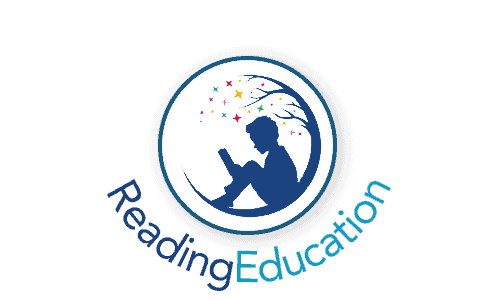Spelling and the written word are often taken for granted – particularly by adults. This is no surprise given that these core elements of learning and development happened in our formative years, which can often seem like a lifetime ago. However, where children are concerned, the process of learning to spell is of critical importance; therefore, understanding how and why we learn to spell – and how crucial it is – is essential for their development. And, given that we play such a huge role in their early learning, it is vital to fully grasp the gravity of this concept in order to help our children to the greatest possible degree.
Before we delve deep into the heart of this topic, let’s outline three primary reasons why spelling is so important:
#1 – Communication: Spelling is a vital element of communication.
#2 – Literacy: Reading and spelling are very closely linked and help to develop and improve general literacy.
#3 – Employment: Employment opportunities can be directly impacted by spelling ability and quality.
Despite the advances of technology and the influx of autocorrect and spelling software, apps, and programs, the importance of spelling hasn’t diminished; in fact, it’s never been more important. But why is this? Let’s find out.
Spelling: Why It Is Still So Important
Development and learning aren’t just about there here and now; it also impacts the future. Therefore, it’s essential to understand how and what poor spelling may adversely affect your child’s formative and future years. Lack of spelling ability can interfere with:
Basic Communication
Did you know that almost 85% of people around the globe have Internet access and have the ability to receive emails? Furthermore, were you aware that over 60% of these people communicate through some form of online social media? The scope of risk (of inability to communicate) can be trivial, like sending an email to the wrong person, to deadly, if sending a person instructions for something that may have a direct impact upon their health – prescription instructions, for example.
Employment
With an exponential growth in online recruitment, job posting, and job hunting, giving off the right first impression is crucial – and that will typically begin with an employee’s CV or resume. While a person reading a job application might have some degree or flexibility/be willing to forgive a misspelling or two, AI-based tracking systems that scan applications have no remorse for spelling errors whatsoever. Furthermore, employers will often check potential employees social media to analyse their suitability for the role in question.
Trustworthiness
Whether you’re an individual or a business, perceived trustworthiness is vital. Tolerance for incorrect selling is incredibly low. On business materials, it makes the producer of say materials look careless, unintelligent, and potentially even cheap. Given that many online scams often carry misspellings, and poor punctuation and poor grammar, a poorly written email, marketing brochure or document can have a similar impact on the reader.
The Impact of Spelling on Development of Communication Skills
Communication skills are absolutely vital for children to develop and interact in a successful manner with the world around them. Early communication centres around basic body language, such as simple gestures and vocalisations. As a child gets older, communication progresses to verbal form, which facilitates an early understanding of a child’s native language.
The next stage – establishing a connection between verbal and written communication – is far, far more complex, and certainly requires the marriage of observation with formal instruction. At this point in time, the foundational abilities and skills required for successful and adept written communication are learnt, such as recognising letters by sight and having the ability to correlate written patterns with vocal expressions.
The Role of Spelling in Literacy Development
Spelling, the ability to correctly construct words from letters alone, is without a shadow of a doubt one of the vital components required for successful writing. Confidence where spelling is cornered often reinforces and builds confidence in other aspects of literacy and development. The ability to understand the associations between words of the same origin and word relationships has been shown to enhance comprehension skills. In fact, research has discovered that writing, reading, comprehension, and spelling skills are inextricably (and closely) linked. Studies have shown that spelling instruction can enhance reading skills, as it enables the learner to expand their grasp of the ‘alphabetic system’ as it is utilised in reading.
Teaching children (and those new to spelling) techniques, strategies, and rules to expand their vocabulary and spelling knowledge will benefit them in a myriad of ways, both with regard to learning and in everyday life and situations.
Children who feel confident using letters and word patterns have the ability to read and understand more challenging texts. Furthermore, the adept in these areas gain the required language tools to better articulate their own ideas via both verbal and written communication. Although the relationship between written letters/words and sounds can appear arbitrary and sometimes difficult for many children, building a solid foundational grasp of the associations between letters, words, forms, and sounds is crucial for confident communication.
Why is Spelling So Important?: A Summary
Understanding the role spelling plays in all facets of learning, development, and, indeed, life in general, is absolutely key. A child’s ability to spell can have long- and far-reaching impacts upon their present and future learning, in addition to their ability to successfully interact and communicate with the world around them. Of course, all aspects of literacy and learning are crucial to a child’s development, but the ability to spell (and spell well) is probably the most important of them all.

